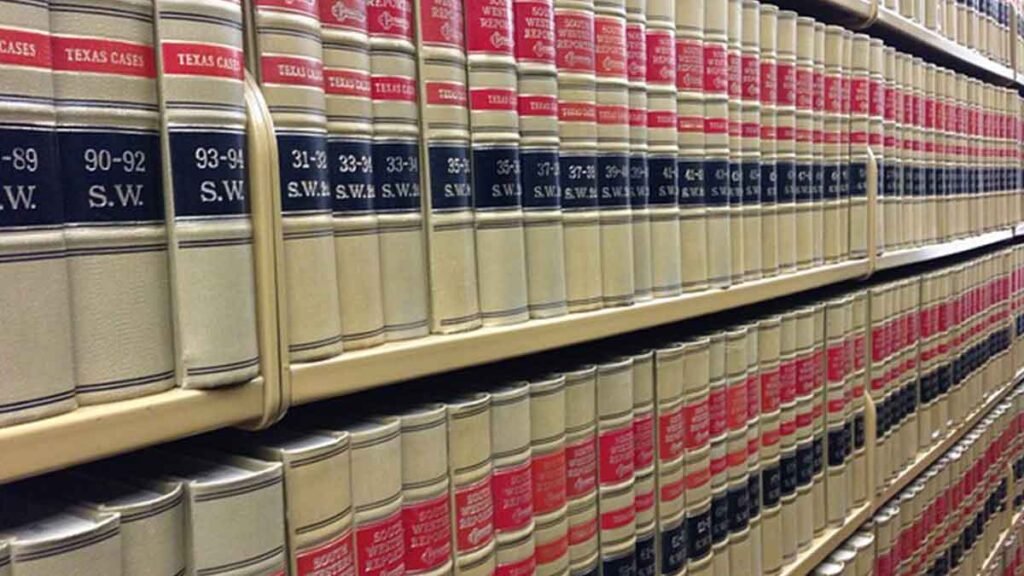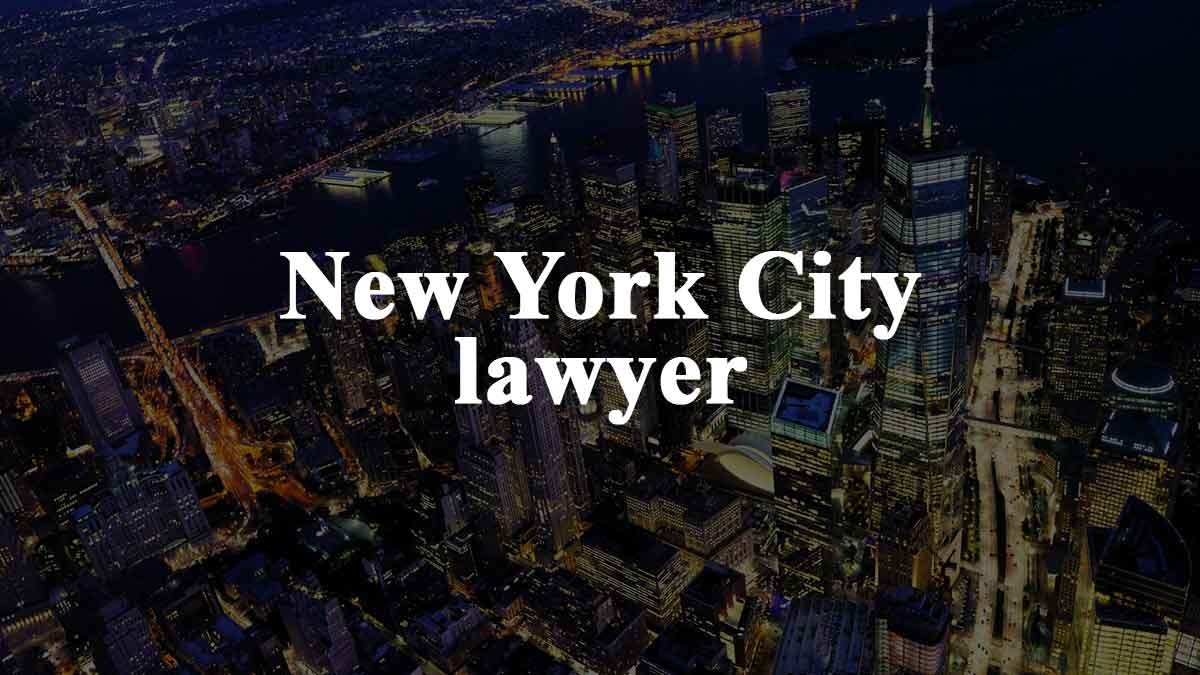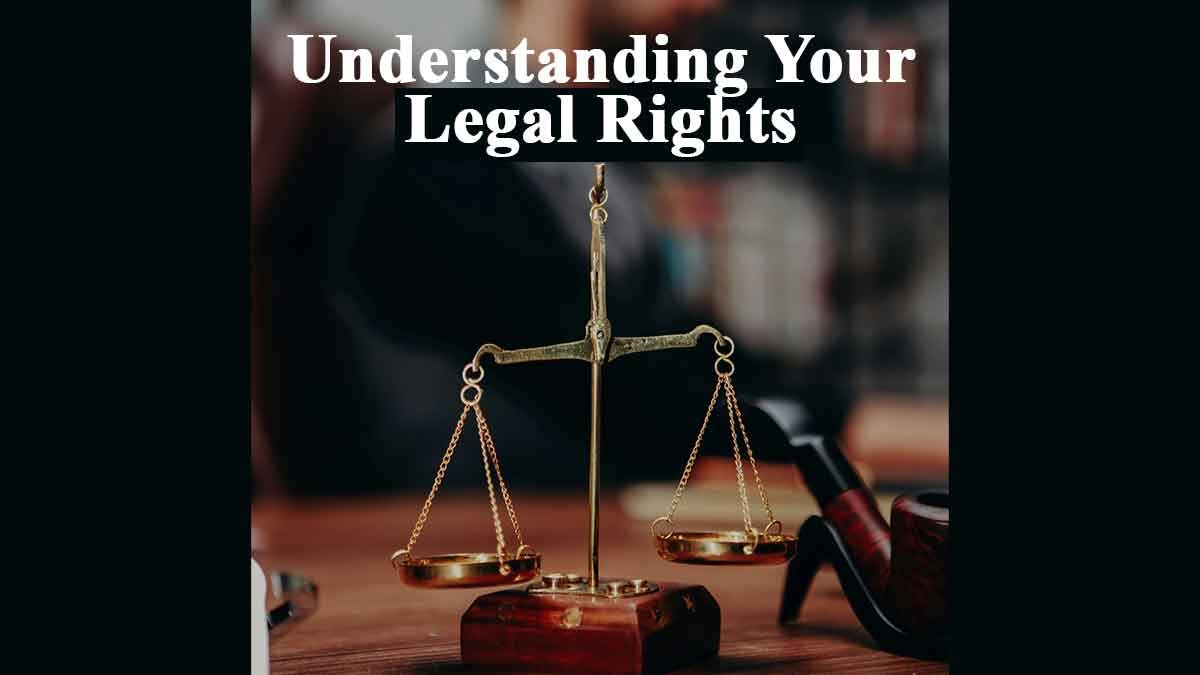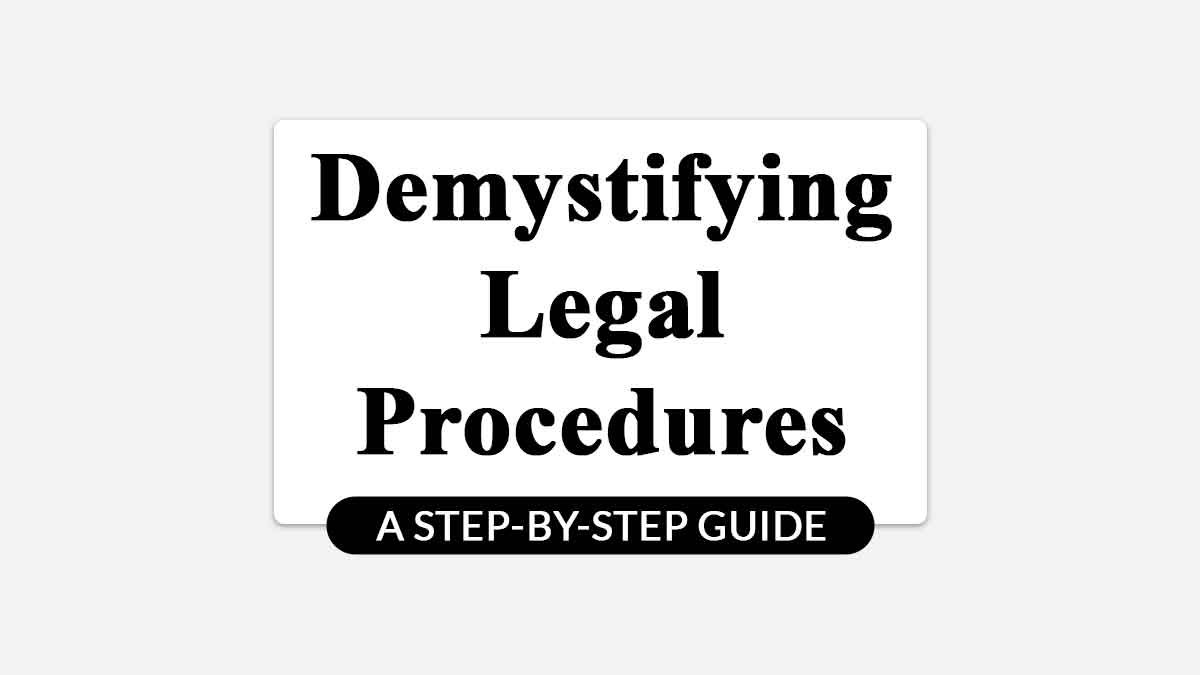What is the Rule of Law?
The Rule of Law is a fundamental principle that forms the bedrock of democratic societies worldwide. It embodies the notion that everyone is subject to the law, including lawmakers, and that laws are applied consistently and fairly to all individuals and institutions. This concept is crucial for ensuring justice, maintaining order, and protecting individual rights within a society.
Table of Contents
Historical Evolution
Origins and Early Principles
The concept of the Rule of Law dates back centuries and has its roots in ancient civilizations. It signifies a system where laws are supreme and apply equally to all, irrespective of social status or power. Early civilizations like Mesopotamia and ancient Greece laid the groundwork for legal principles that emphasized justice and fairness.
Landmark Moments in Its Development
Throughout history, several pivotal moments have contributed to shaping the Rule of Law. From the Magna Carta in 1215, which limited the authority of the monarchy and asserted individual rights, to the development of modern legal systems in the 18th and 19th centuries, there has been a continuous evolution toward more accountable and just societies.
Key Principles of the Rule of Law
The Rule of Law is characterized by several key principles:
Equality before the Law
It mandates that all individuals, regardless of status or influence, are subject to the same laws and legal processes. This principle ensures that justice is administered impartially.
Transparency and Accountability
A transparent legal system ensures that laws are clear, accessible, and applied consistently. Accountability ensures that those in positions of power are answerable for their actions and decisions.
Legal Certainty and Predictability
Laws should be stable and predictable, providing a framework for societal behavior and allowing individuals to plan their lives accordingly.
Rule of Law in Modern Society

In contemporary democratic societies, the Rule of Law is a cornerstone that ensures governance is based on legal frameworks and principles. It establishes a framework that protects citizens’ rights and liberties while also constraining the exercise of governmental power.
Application in Democratic Systems
In democratic societies, the Rule of Law guarantees that the government’s authority is exercised within legal boundaries and that individual rights are safeguarded. It ensures a system of checks and balances, preventing the abuse of power.
Challenges and Debates
However, challenges persist, including the interpretation of laws, issues of enforcement, and the balance between national security and individual freedoms. Debates often revolve around finding the right equilibrium between these aspects.
Global Perspectives
The interpretation and application of the Rule of Law can vary significantly across different nations and cultures. While some countries have robust legal systems that adhere closely to these principles, others may struggle due to political or societal factors.
Variances Across Different Nations and Cultures
Different cultural, historical, and political contexts shape how the Rule of Law is understood and practiced. This leads to variations in legal systems and interpretations worldwide.
International Implications and Standards
On a global scale, there are efforts to establish international standards for the Rule of Law, promoting its principles and ensuring accountability among nations in upholding these standards.
Role of Rule of Law in Justice Systems
Ensuring Fair Trials and Due Process
The Rule of Law is essential for guaranteeing fair trials and due process, protecting individuals from arbitrary or unjust actions by authorities.
Impact on Governance and Societal Stability
It fosters trust in institutions, contributes to political stability, and encourages economic development by providing a stable and predictable legal environment for businesses and citizens.
Contemporary Issues and Concerns
Threats to the Rule of Law
In recent times, challenges such as political polarization, erosion of institutions, and issues with judicial independence have posed threats to the Rule of Law in various parts of the world.
Efforts to Safeguard and Reinforce It
Nevertheless, there are concerted efforts by governments, civil society, and international organizations to strengthen the Rule of Law through reforms, awareness campaigns, and advocacy.
Impact on Societal Progress
Economic Development and the Rule of Law
A strong Rule of Law correlates with economic growth, attracting investments, and fostering entrepreneurship by providing a stable legal framework for businesses.
Social Harmony and Individual Freedoms
Moreover, it ensures social harmony by safeguarding individual freedoms, promoting inclusivity, and protecting human rights.
Educational Initiatives and Awareness
Importance of Understanding the Rule of Law
Educational initiatives play a crucial role in ensuring that citizens understand the Rule of Law’s significance in upholding justice and preserving societal order.
Teaching and Promoting Its Principles
Schools, universities, and community programs can contribute significantly by educating individuals about their rights, responsibilities, and the workings of the legal system.
Future Prospects and Adaptation
Changes and Adaptations in the Digital Age
In an increasingly interconnected and digitized world, the Rule of Law faces new challenges related to cybersecurity, data privacy, and the regulation of emerging technologies.
The Rule of Law in a Rapidly Changing World
Adapting legal frameworks to address evolving societal needs while upholding core principles will be crucial in ensuring the Rule of Law remains relevant and effective.
Conclusion
The Rule of Law isn’t merely a concept confined to legal texts; it’s a guiding principle that shapes societies. Its presence ensures that laws are not arbitrary but predictable, transparent, and equally applicable to all. In essence, it’s the safeguard of justice and equality within a society.

As we navigate an increasingly complex world, where technology, politics, and social dynamics intersect, preserving and strengthening the Rule of Law becomes imperative. Its adaptability to address new challenges while upholding its core principles will define its effectiveness in the future.
Ultimately, the Rule of Law remains a beacon of hope for ensuring fairness, protecting individual rights, and fostering a society where justice prevails.
Now, if you’re curious about delving deeper into the nuances of this topic, here are some common queries that shed light on different aspects of the Rule of Law.
How does the Rule of Law contribute to economic stability and growth?
The Rule of Law fosters an environment where contracts are honored, property rights are protected, and legal recourse is available. This stability encourages investments, entrepreneurial activities, and trade, thereby contributing significantly to economic growth.
What challenges does the Rule of Law face in the digital age?
In the digital age, issues like cybersecurity, data privacy, and the regulation of rapidly evolving technologies pose significant challenges. Ensuring that legal frameworks adapt to these changes without compromising individual rights and privacy is crucial.
Is there a universal definition of the Rule of Law, or does it vary across cultures?
While the core principles of the Rule of Law—fairness, equality, and accountability—are universal, their interpretation and application can vary across cultures and legal systems due to historical, social, and political differences.
Can individuals challenge laws they believe are unjust under the Rule of Law?
Yes, the Rule of Law provides avenues for individuals to challenge laws they perceive as unjust through legal means, such as judicial review or advocacy for legislative changes.
How can citizens actively contribute to upholding the Rule of Law in their communities?
Citizens can contribute by staying informed about their rights and responsibilities, participating in the democratic process, supporting transparent and accountable governance, and advocating for legal reforms that promote justice and equality.
What are the consequences when the Rule of Law is undermined or weakened within a society?
When the Rule of Law is undermined, it can lead to a lack of trust in institutions, inequality in legal treatment, and a breakdown of social order. This can result in decreased investment, diminished individual freedoms, and societal instability.
Are there specific measures or indicators used to assess the adherence to the Rule of Law in a country?
Various indices and assessments, such as the Rule of Law Index and assessments by international organizations, evaluate factors like legal certainty, government accountability, and access to justice to measure a country’s adherence to the Rule of Law.





